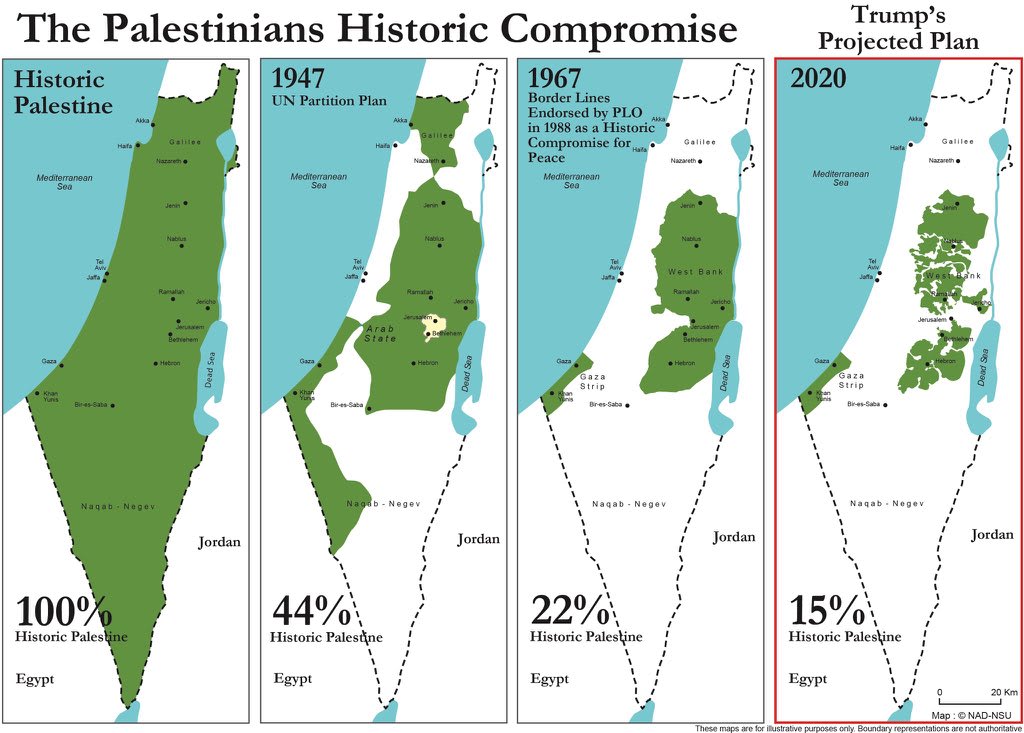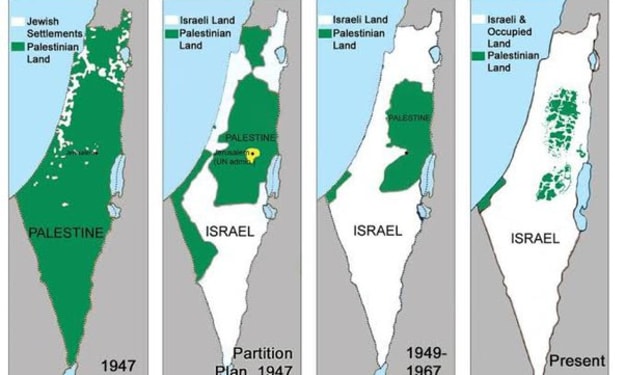Controversial Claim to Palestinian Land
Israeli Occupation and Its Controversial Claim to Palestinian Land

The Israeli Occupation and Its Controversial Claim to Palestinian Land
Introduction
The Israeli-Palestinian conflict has been one of the most protracted and contentious disputes in the modern era. Central to this dispute is the question of whether Israel has a legitimate right to occupy and control Palestinian land. While this issue remains deeply divisive and emotionally charged, it is crucial to approach it from a historical, legal, and humanitarian perspective. This article aims to provide a comprehensive analysis of the argument that Israel has no legitimate right to occupy Palestinian land, drawing on historical events, international law, and the broader implications of the ongoing conflict.
Historical Context
The roots of the Israeli-Palestinian conflict can be traced back to the late 19th and early 20th centuries when Jewish immigration to Palestine, then part of the Ottoman Empire, began to surge. This migration was driven by the Zionist movement, which sought to establish a Jewish homeland in Palestine. The British Empire's control of Palestine after World War I and the subsequent issuance of the Balfour Declaration in 1917, which expressed support for a "national home for the Jewish people" in Palestine, further complicated the situation.
The establishment of the State of Israel in 1948 marked a turning point in the conflict. The United Nations General Assembly Resolution 181, also known as the Partition Plan, proposed dividing Palestine into separate Jewish and Arab states, along with an international administration for Jerusalem. While the Jewish leadership accepted the plan, the Arab states and the Palestinian Arab leadership rejected it, leading to the 1948 Arab-Israeli War.
Israel's victory in the war resulted in its control over a significant portion of territory beyond what was initially allocated to it by the UN. This land included areas that were inhabited by Palestinian Arabs. This event set the stage for the ongoing dispute over land and the displacement of Palestinian populations, a key issue in the debate regarding the legitimacy of Israel's occupation.
International Law
The question of whether Israel has a legitimate right to occupy Palestinian land hinges on international law. Key legal principles relevant to the debate include the right to self-determination, the Fourth Geneva Convention, and United Nations resolutions.
1. Right to Self-Determination: One of the foundational principles of international law is the right to self-determination, which affirms the rights of peoples to determine their political status and pursue economic, social, and cultural development. Palestinians argue that they have been denied this right as a result of Israel's occupation and the continued expansion of Israeli settlements in the West Bank and East Jerusalem.
2. Fourth Geneva Convention: The Fourth Geneva Convention, ratified by Israel, pertains to the protection of civilians in times of armed conflict. It expressly prohibits the transfer of an occupying power's civilian population into the territory it occupies. Critics of Israel's policies argue that the construction of Israeli settlements in the West Bank and East Jerusalem constitutes a violation of this convention.
3. United Nations Resolutions: Several United Nations resolutions have addressed the Israeli-Palestinian conflict, including Resolution 242 and Resolution 338. These resolutions call for Israel to withdraw from territories occupied during the 1967 Six-Day War, which includes the West Bank, Gaza Strip, and East Jerusalem, in exchange for recognition of its right to exist in peace and security. Israel's continued occupation and settlement expansion in these territories are seen by many as violations of international law.
Humanitarian Consequences
Beyond the legal aspects, the ongoing occupation has had profound humanitarian consequences for the Palestinian population. These consequences include restrictions on movement, access to basic services, and economic opportunities. Palestinians in the occupied territories face barriers to their everyday lives, including checkpoints, the separation barrier, and a lack of control over their land and resources.
Gaza, in particular, has endured multiple conflicts, leading to the displacement of thousands of Palestinians and widespread destruction. The siege on Gaza, which restricts the movement of people and goods, exacerbates the humanitarian crisis, affecting access to healthcare, clean water, and basic necessities.
Moreover, the expansion of Israeli settlements in the West Bank has resulted in the confiscation of Palestinian land and resources, causing displacement and disruption to Palestinian communities. This, in turn, has given rise to tensions and conflicts in the region.
Efforts at Peace and the Two-State Solution
Efforts to resolve the Israeli-Palestinian conflict have been ongoing for decades. The two-state solution, which envisions an independent Palestinian state alongside Israel, has been a focal point in these negotiations. International mediators, including the United States and the United Nations, have sought to facilitate a peaceful resolution, but progress has been slow and elusive.
One of the primary obstacles to the two-state solution has been the continued expansion of Israeli settlements in the West Bank. As these settlements expand, they create facts on the ground that complicate the feasibility of establishing a viable and contiguous Palestinian state. Critics argue that Israel's settlement policies are undermining the prospects of a two-state solution and are indicative of a lack of commitment to ending the occupation.
Israel's Perspective
It is essential to acknowledge that Israel has its own perspective on the issue. Israel contends that its occupation of Palestinian territories is a result of self-defense and is rooted in its desire to ensure its security in a hostile region. Israel points to the history of conflict, including wars and terrorist attacks, as evidence of the need for security measures.
Israel also emphasizes its willingness to negotiate a peaceful settlement with the Palestinians. The Oslo Accords, signed in the 1990s, provided a framework for such negotiations, and Israel withdrew from parts of the West Bank and Gaza Strip. However, the failure of subsequent negotiations and the lack of progress on core issues like borders, refugees, and the status of Jerusalem have contributed to the ongoing impasse.
Conclusion
The Israeli occupation of Palestinian land is a contentious and deeply rooted issue, shaped by historical events, international law, and the human cost of the conflict. While Israel argues that its actions are driven by security concerns and its right to exist as a Jewish state, critics contend that the occupation infringes upon Palestinian self-determination and violates international law.
A just and lasting resolution to the Israeli-Palestinian conflict remains elusive, but it is essential to continue efforts to address the core issues and seek a peaceful solution. Whether through a two-state solution or an alternative approach, a comprehensive and equitable settlement is necessary to bring an end to the ongoing occupation and provide a path toward peace and stability in the region.
About the Creator
Abdullah Rajon
Experienced content writer skilled in SEO optimization, research, and deadline-driven delivery. Let's create engaging content together!






Comments
There are no comments for this story
Be the first to respond and start the conversation.